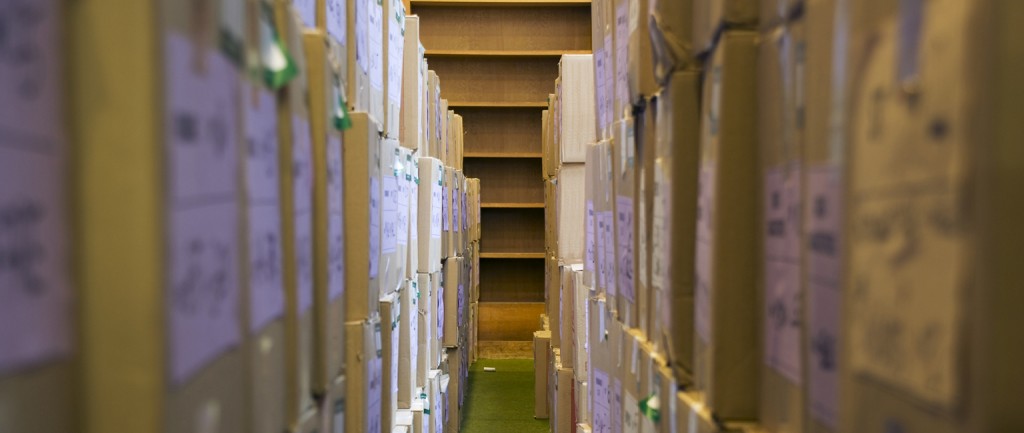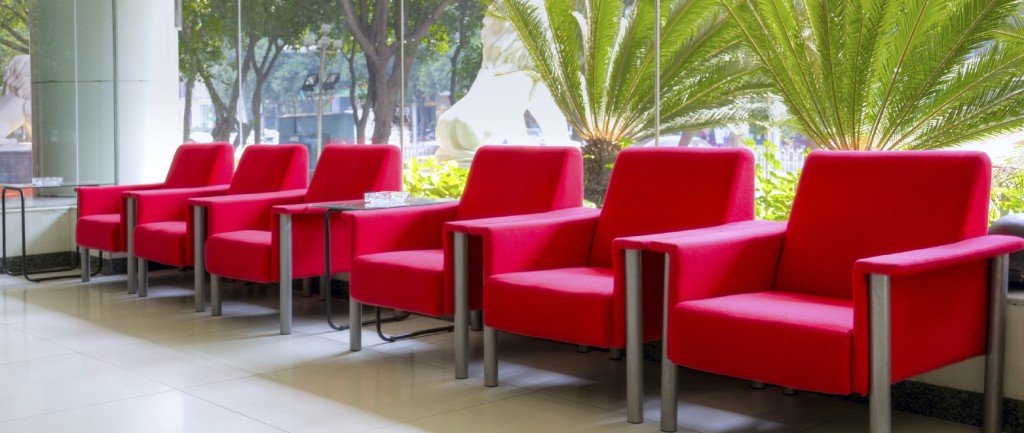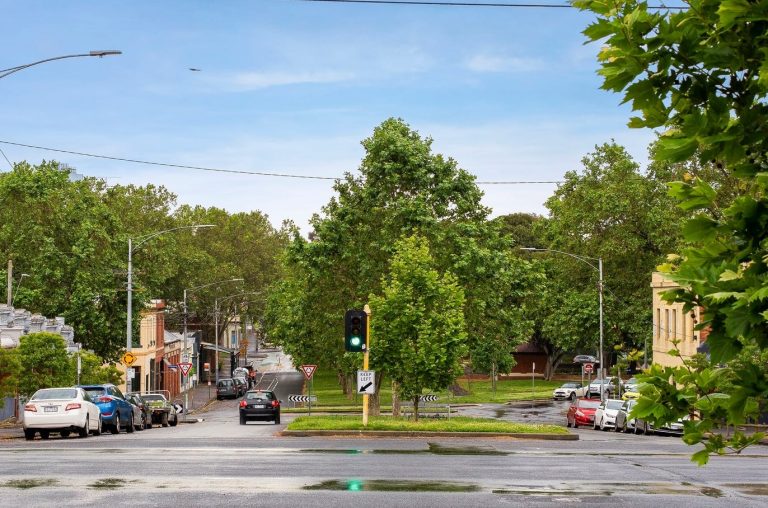Share space shaking up service office market

A quiet revolution is taking place in the Australian office market – one that is turning the serviced office concept on its head.
A core market for this sector is business start-ups, who turn to serviced offices for their first premises, renting a suite with a professional sounding address and receptionist.
But what these budding entrepreneurs too often find are pokey suites in bland environments offering little interaction with other people.
In start-up rich sectors like digital media, marketing agencies and visual arts, that simply won’t do.
Instead, they are turning to growing number of shared workspaces which offer open plan environments designed to create a friendly atmosphere and stimulate cross business collaboration.
A growing number of shared workspaces are designed to create a friendly atmosphere and stimulate cross business collaboration.

The new workspace
I spoke to James and Lisa Wickham who run Salt House in the trendy inner Brisbane suburb of New Farm.
“We started in 2010 leasing a larger space than we needed and turned to renting co-work space almost as an accident,” they told me.
“At first we had to explain the concept but now we don’t. Around 80% of our clients are in the creative industries but we also get the odd lawyer or accountant, as well as Queensland sales reps for companies based in Sydney or Melbourne.”
Read more: Coworking space – an alternative to the traditional office
Growth of shared workspaces
Adam Lane, Head of Business and Product Development at Hub Australia, which operates ‘Hub Club Houses’ in three states, puts the pace of the growth in stark relief telling me, “two years ago there were maybe 30 share-work locations nationwide, now there are over 150.”
Two years ago there were maybe 30 share-work locations nationwide, now there are over 150.
“We see some traditional serviced offices introducing open spaces and bringing in funky red couches, but this misses the point.
Building community
“In our locations we design ‘collision points’ for entrepreneurs to bump into each other, run learning events and ‘mixed bag’ lunches. It’s all about building a community where people meet others on the road from start up to actualisation and feel safe sharing ideas, seeking advice and testing their assumptions.”

The Wickhams also emphasise the collaborative aspect of the co-work environment needs to be balanced with privacy so tenants can get work done.
The collaborative aspect of the co-work environment needs to be balanced with privacy so tenants can get work done.
“We often act as concierge, finding them a photographer or web designer when they need one for a project and this has led to a lot of cross business initiatives in our workspace which is really good to see and helps our business grow organically with momentum.”
Read more: 4 types of open-plan office: which one works for you?
Prices and trends
Prices for spaces vary widely depending on the city and the facilities, but entry prices for a desk in an open plan environment start from as little as $15 a day and can be as high as $60 a day.
At Salt House, it’s the private suites which have proved most popular with occupancy running at 100%, while open spaces tend to be around 25% – 30% full.
While CBD fringe suburbs like Victoria Park in Perth and Cremorne in Melbourne have been home to most co-work offices, the latest trend is to locate them in outer suburban commuter hubs.
Hub Australia has just opened Smart Work Hub at Oran Park in Sydney’s outer west, a joint development with the Greenfields Development Company which attracted $370,000 in funding from the NSW government. It is part of a broader initiative by NSW to boost productivity and reduce congestion on the roads.

“Demand is not quite matching supply in the regional centres yet,” Lane explains, “but for local government and businesses, share work facilities provide a focal point for innovation.”
For local government and businesses, share work facilities provide a focal point for innovation.
With innovation and traffic congestion hot button issues for the business community and the political class, the share office revolution looks set to continue.







